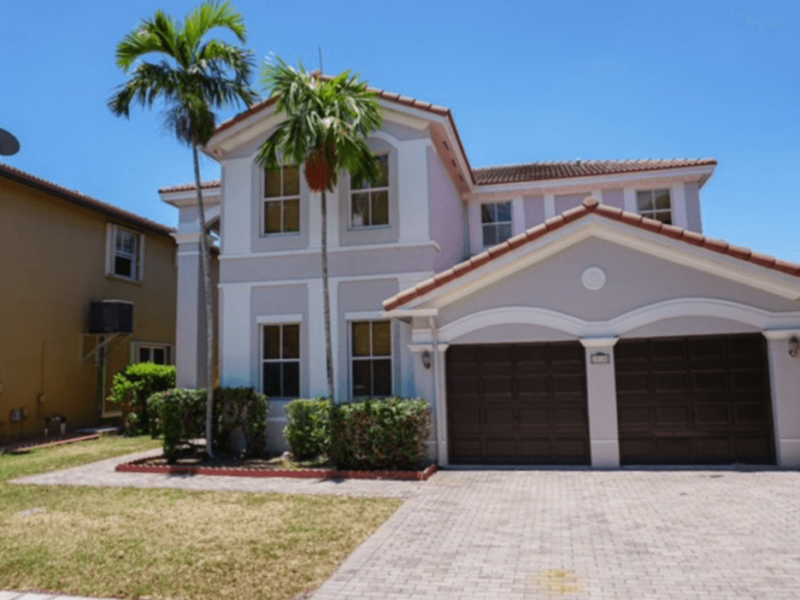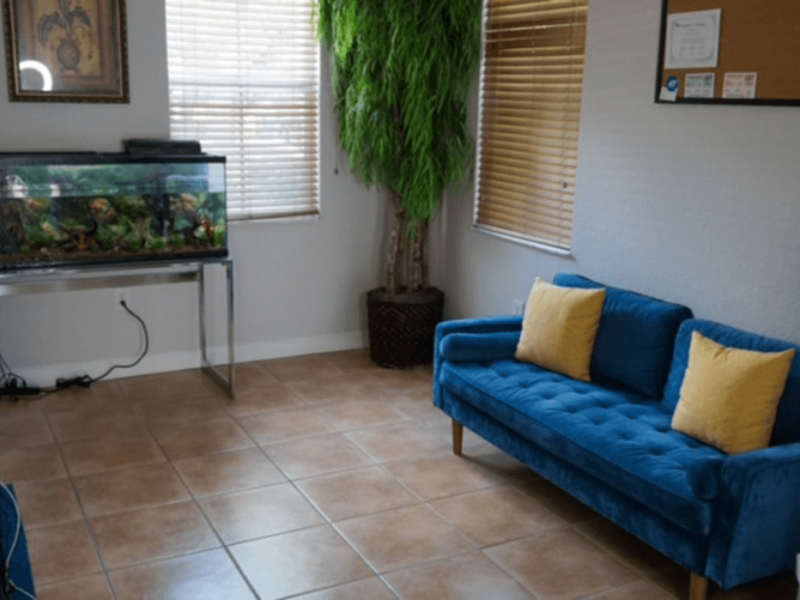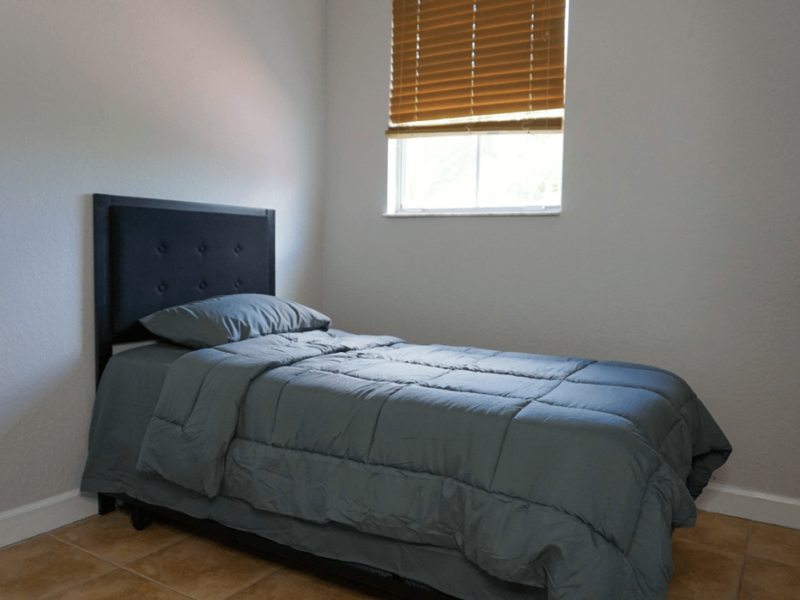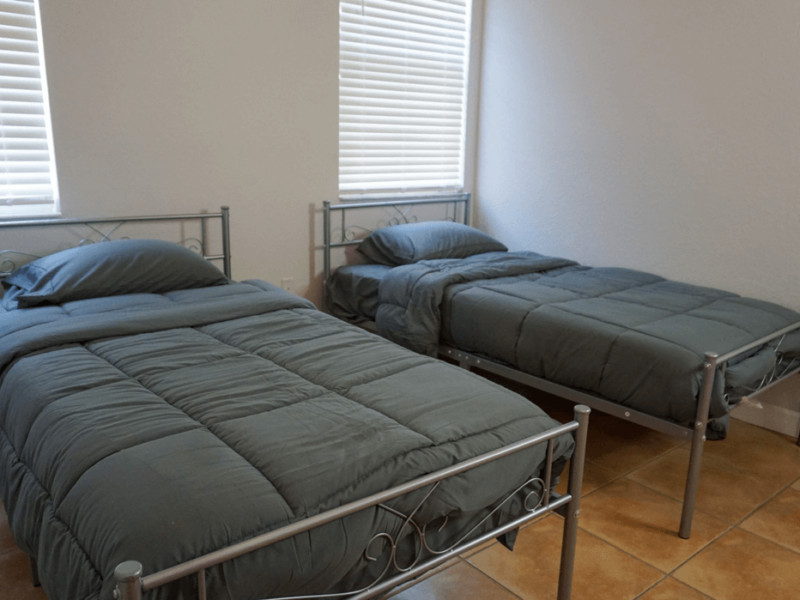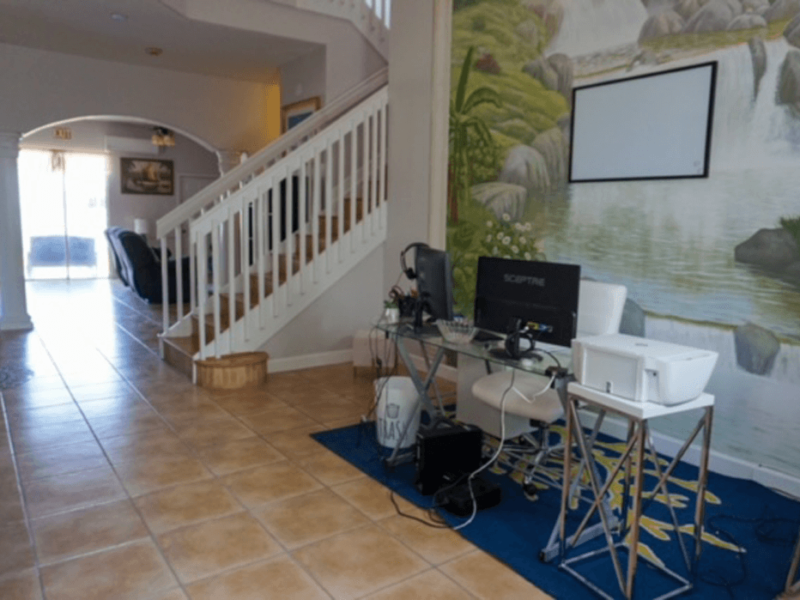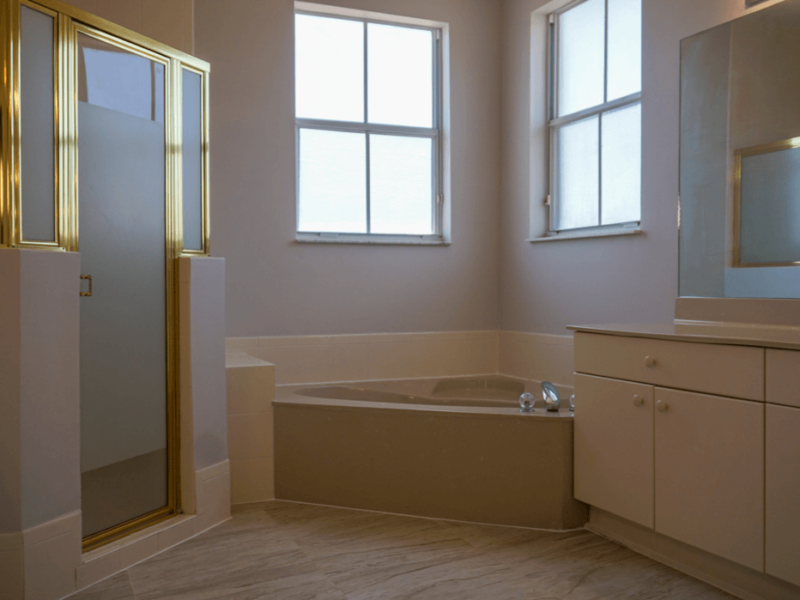
Partial Hospitalization
WHAT TO EXPECT FROM A PARTIAL HOSPITALIZATION PROGRAM
Partial hospitalization programs are offered as a step-down program after completion of inpatient hospitalization or residential treatment. However, PHPs still provide high-level services and therapeutic programming. At this level of care, patients are physically and psychologically stable and do not need inpatient hospitalization. They participate in different activities, including individual therapy, group therapy, and activities designed to improve decision-making and communication skills.
OUR COMPREHENSIVE APPROACH TO ADDICTION TREATMENT
Group therapy – Generally, therapists, counselors, or addiction professionals will run the group sessions for addiction. Connecting with peers going through similar challenges helps with the isolation and shame that often accompanies addiction and reminds you that you’re not alone in your struggles.
Individual therapy – Individual therapy is a one-on-one interaction between the therapist and an individual to process successes and setbacks in their recovery. Additionally, individual sessions allow addicts to discuss underlying issues that led them to addictive behavior.
Medication-assisted treatment – Quality medical treatment is essential for recovery for dual diagnosis patients or individuals with co-occurring disorders. With the use of medications, in combination with counseling and other therapeutic techniques, this provides a “whole-patient” approach to the treatment of substance use disorders.
Family counseling – Close friends and family members feel the impacts of addiction and untreated mental health disorders. As a result, our drug rehab center offers extensive family therapy. Through our family support services and effective communication therapy, new relationships emerge.

Intensive Outpatient
“An intensive outpatient program is crucial for patients who complete inpatient drug rehab or partial hospitalization programming with an addiction treatment center. Patients at this level of care balance structured accountability and increased freedom to work, volunteer, and time with their sober support networks.”
People often have family or work commitments that prevent them from entering full-time care. Intensive Outpatient Services(IOP) allow individuals to remain in their own homes and communities, which may improve their adjustment to community life for these people, IOPs are often the best choice. They still get intensive treatment, but they can reside at home.
BENEFITS OF AN IOP
Our intensive outpatient program provides a support system that allows our patients to receive mental health treatment. In addition, it includes cognitive-behavioral therapies proven to treat substance use disorders. At this level of care, patients live at home and visit our treatment center to receive health services to treat their addiction. Other benefits of our IOP include:
Flexible schedule – Enjoy the flexibility of an outpatient program with the structure of inpatient programs.
Group therapy – Through intensive outpatient programs, you can participate in group therapy sessions to build a sense of community that promotes recovery.
Individual therapy – In individual therapy sessions, patients often dig deeper into the work done in group therapy, allowing them to spend more time on individual issues.
Support groups – A significant part of the intensive outpatient program is spent learning coping mechanisms and life skills necessary to maintain sobriety after treatment in a support group environment.
Dual diagnosis – Dual diagnosis treatment programs are appropriate for individuals struggling with co-occurring mental disorders because they provide evidence-based treatment services for mental health and co-occurring issues.



